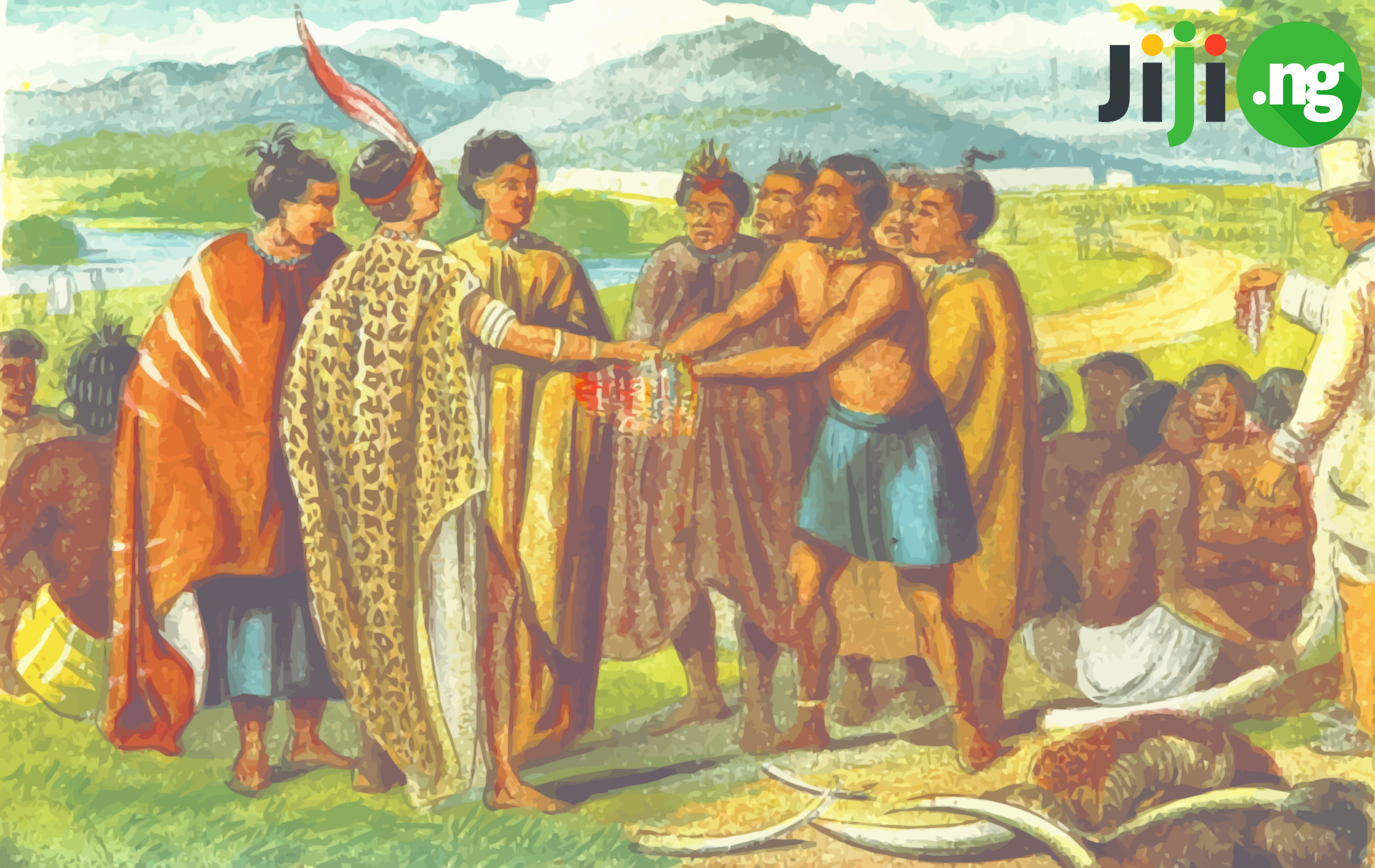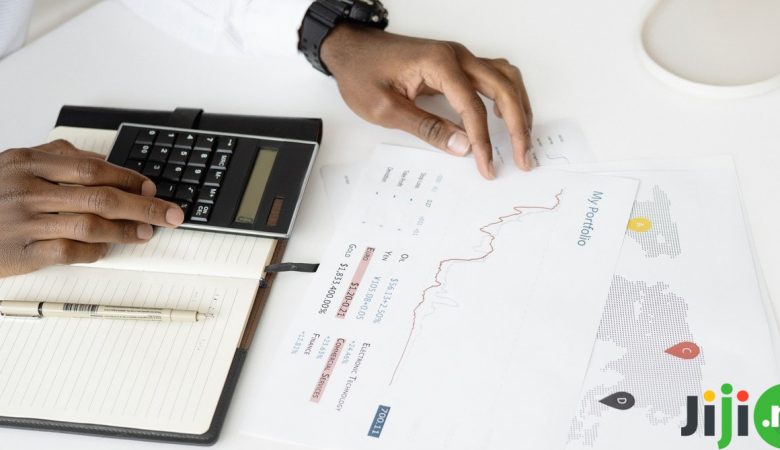The history of commerce in Nigeria starts with the uprising of the civilization on these territories. The commerce in its simple form began with an exchange between tribes, which gradually grew into the full-featured trade and reached its up-to-date form as e-commerce in Nigeria.
History of commerce: timeline
- Trade by barter is the methods of exchange, which can be compared to the present-day internal trade, was the first sign of interdependency and the initial stage of economic relations.
- Trans-Saharan trade started international commerce. The goods were transported to other countries in the region by using camels.
- Newly developed caravan routes connected Nigeria to the northern countries, letting establish trade relations with Arab merchants and discover a vast array of exclusive goods.
- The arrival of European missionaries became a brand new chapter of trade, which is quite controversial. Among the other goods, the missionaries brought weapons, clothes etc. in exchange for local goods, like palm oil, and later for slaves.

- Port cities became the significant centers of sea routes. Port towns started developing rapidly.
- Slave trade was banned, and soon Nigeria became the member of United African Company. Cocoa and palm oil headlined the list of exported products.
- The commercial relations intensified in the 1960s when crude oil became the subject of interest of foreign businessmen. It was followed by the huge investment into local infrastructure.
- Lagos has become the center of e-commerce, which is now on the stage of active development. E-commerce grows by following the world’s most effective strategies and has a huge potential
Significant factors
- The lack of investment, both local and foreign, and insufficient existing capital.
- Political instability, including terroristic activity, wards off foreign businessmen.
- A poor culture of saving that leaves little money for investing.
- Per capita income below average – many people live below the poverty line.
- A lack of facilities for launching businesses and developing the tourism industry.
- The primary production remains dominant on the market, interfering with commercial growth.
- Poor infrastructure with a lack of good roads, proper transportation opportunities, and communication systems.
- Illiteracy is still the problem, for a great number of people in suburban regions remains poorly educated.

Commerce & Boko Haram
Business starts to flourish in the competitive and most important peaceful environment. Boko Haram is the restraints for both factors. The terroristic organization proclaiming the building of the Islamic State suppresses the development of commerce, which is viewed as the display of the depravity brought by the western capitalist world.
Obviously, the commerce cannot rely on the mono-economy. Moreover, there is no chance of attracting wealthy investors (even Nigerian ones) to the region, which is admittedly dangerous for starting a business. Thus, Boko Haram has a negative influence on society in general and business in particular.
Economists admit that introducing new opportunities for youth employment is the first step to resolving this problem. Creating the favourable environment with career perspectives will prevent youth from being recruited by terrorist groups and lead to the reduction of crime.
History of ecommerce in Nigeria
Nowadays, African e-commerce is the fastest growing in the world. E-commerce is in its initial stage in Nigeria, but it develops very rapidly. The estimated growth of the market is equal to 25% annually, compared to the average 16% globally.

Nigerians are known as outstanding shoppers, and 38% of the population prefers online shopping. The middle class, which amounts to approximately ⅓ of the population, is brand conscious and familiar with technologies, creating favourable conditions for further e-commerce development.
The Internet connection is provided on the territory of the whole country. It means that people are granted access to the same huge selection of goods and brands regardless of their location. Moreover, the increase of the mobile traffic share transforms the traditional online shopping.
Jiji.ng is an outstanding example of the e-commerce transformation. The website launched in 2014 has become one of the leading online classifieds websites in Nigeria just in a couple of years. Today it features the huge selection of goods in all categories and favourable terms of collaboration between sellers and buyers.










